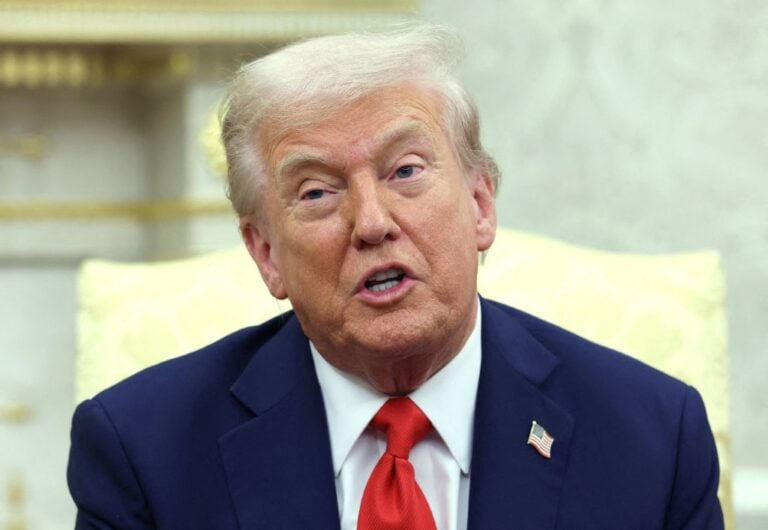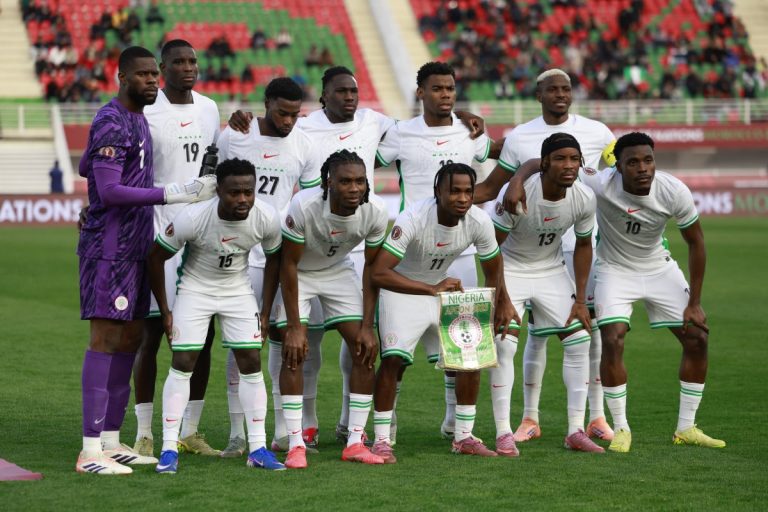U.S. Expands Anti-Drug Strikes, Halts Aid to Colombia as Tensions Escalate with Petro

The United States has carried out another deadly strike against a suspected drug-smuggling vessel linked to Colombia’s leftist National Liberation Army (ELN), in what appears to be a widening of its controversial maritime operation off South America’s coasts.
U.S. Defense Secretary Pete Hegseth confirmed on Sunday that American forces attacked the boat in international waters on Friday, killing three people aboard.
The Pentagon said the strike took place in an area under the jurisdiction of the U.S. Southern Command, though it did not specify whether it occurred along Colombia’s Pacific or Caribbean coast.
The latest attack comes amid President Donald Trump’s announcement that Washington is halting all financial aid to Colombia, accusing President Gustavo Petro of enabling large-scale drug production.
“Columbia [sic] has never been rude to the United States. To the contrary, it has loved its culture very much. But you are rude and ignorant about Colombia,” Petro fired back on X, rejecting Trump’s claims.
Trump, who repeatedly misspelled the country’s name in his Truth Social post, accused Petro of being “an illegal drug leader strongly encouraging the massive production of drugs, in big and small fields, all over Colombia.”
He warned that if Petro does not act to end cocaine cultivation, “the United States will close them up for him, and it won’t be done nicely.”
The move marks the lowest point in decades of U.S.-Colombian relations. Washington had long regarded Bogotá as a strategic ally in the war on drugs, channeling more than $740 million in aid in 2023, half of which funded counter-narcotics operations.
However, relations have deteriorated sharply in recent months. In September, Colombian authorities accused U.S. forces of killing a local fisherman during a strike on another alleged smuggling boat, prompting Petro to denounce Washington for “murder.”
Trump’s administration has since revoked Petro’s U.S. visa, decertified Colombia as a drug-fighting partner, and suspended military aid. In retaliation, Bogotá halted arms purchases from the United States, its biggest defense supplier.
Analysts warn that the strikes, now numbering at least six, raise serious legal questions about the United States’ use of lethal force in international waters without attempting arrests or due process. At least 27 people have been killed in the operations since August.
U.S. officials insist the campaign targets drug routes leading to American shores, but critics believe the operation may have broader political motives, including pressure on left-leaning governments in the region.
Since taking office in 2022, Petro, a former guerrilla leader, has advocated shifting Colombia’s anti-narcotics policy away from forced eradication toward tackling the poverty and inequality that sustain the trade.
Government and United Nations figures show coca cultivation in Colombia has risen by about 70 percent under his administration.
As tensions rise, regional observers say both sides risk undoing decades of cooperation in counter-narcotics and security, leaving the future of U.S.-Colombia relations uncertain.









